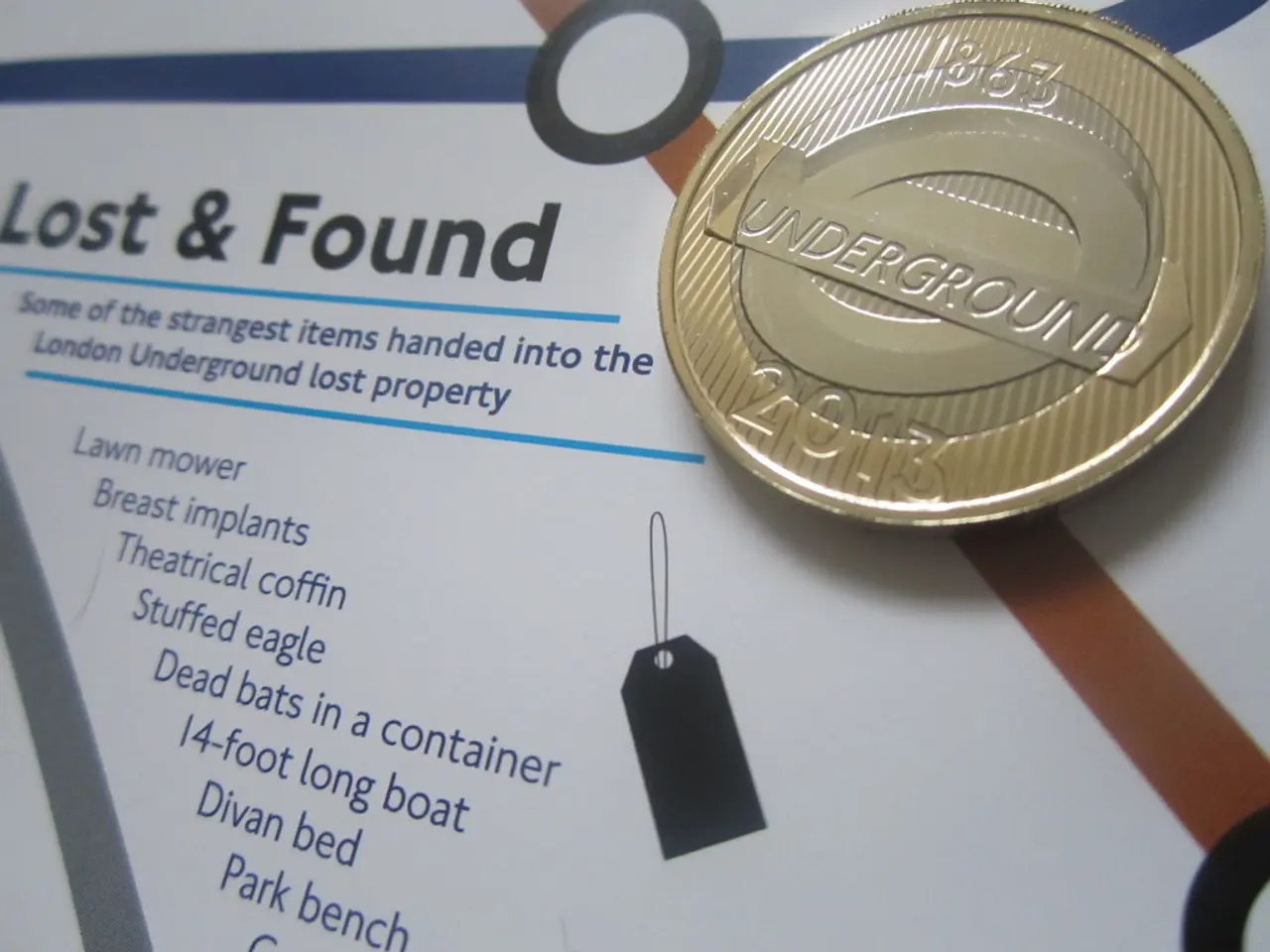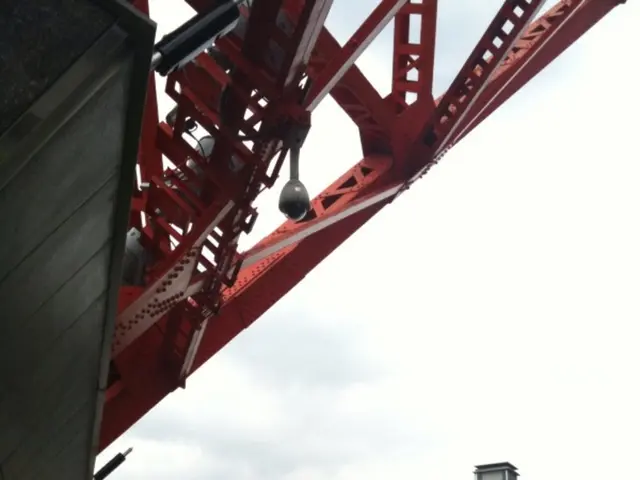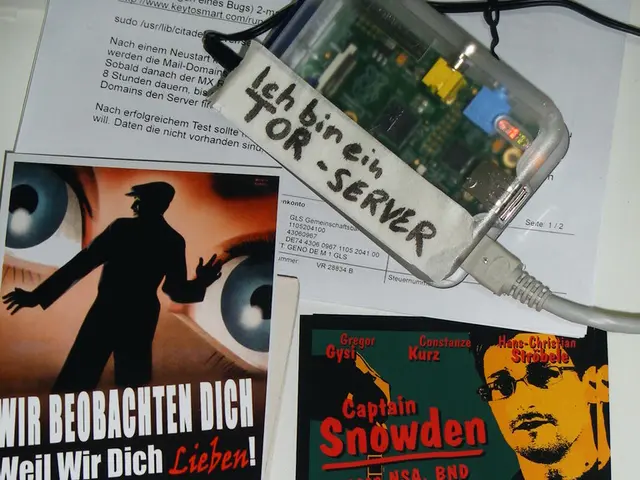Debut of South Korea's First Stablecoin Backed by Won on Avalanche Blockchain platform
In a significant move for the digital finance sector in South Korea, Blockchain-based Asset Custodian Services (BDACS) has introduced the country's first Korean Won-backed stablecoin, KRW1. The new stablecoin is developed in collaboration with Woori Bank and deployed on the Avalanche blockchain.
BDACS has confirmed the successful completion of a proof-of-concept for KRW1, marking a milestone in the development of the stablecoin. KRW1 is backed on a one-to-one basis with Korean Won deposits held in escrow at Woori Bank, ensuring its stability.
The launch of KRW1 represents a deeper integration of Avalanche with financial institutions and public sector stakeholders in Asia. Avalanche's infrastructure was chosen for KRW1's deployment due to its performance, security, and scalability.
South Korean President Lee Jae Myung has expressed support for initiatives linking digital assets to the national currency to strengthen monetary oversight. The introduction of KRW1 is seen as a step towards achieving this goal.
Analysts suggest that KRW1 could emerge as a cost-effective solution for payment settlements. Given its large-scale settlement applications design, particularly in government and institutional programs, KRW1 could potentially revolutionise the payment settlement system in South Korea.
Several leading South Korean banks, including Kakao Bank, Kookmin Bank, and the Industrial Bank of Korea, have submitted trademark applications for their own won-backed stablecoins, indicating a growing interest in the digital currency ecosystem.
The Bank of Korea has maintained a cautious stance, emphasizing that only licensed banks will be permitted to issue stablecoins to mitigate potential systemic risks. The move by BDACS and Woori Bank is seen as a precursor to more structured policies that could shape South Korea's approach to stablecoins and central bank digital assets in the years ahead.
Tether executives have engaged in discussions with Shinhan Bank, signaling international interest in Korea's digital currency ecosystem. Avalanche's recent announcement of two reserve facilities in the United States indicates a twin-track expansion strategy, suggesting that the company is actively exploring opportunities beyond Asia.
BDACS aims to play a foundational role in South Korea's digital asset market, beyond its role as a custodian. The launch of KRW1 underscores the convergence of technological innovation and regulatory consideration in South Korea's digital finance sector.
The South Korean government is actively exploring frameworks for sovereign stablecoins. Market experts view the move as a positive step towards a more regulated and structured digital finance sector in South Korea. The development and launch of KRW1 is a testament to the country's commitment to embracing digital innovation while maintaining a strong regulatory framework.
Read also:
- Elon Musk Acquires 26,400 Megawatt Gas Turbines for Powering His AI Project, Overlooks Necessary Permits for Operation!
- U Power's strategic collaborator UNEX EV has inked a Letter of Intent with Didi Mobility to deploy UOTTA(TM) battery-swapping electric vehicles in Mexico.
- Commercial-grade hydrogen enhancement systems manufacturing initiated by H2i Technology
- Toyota strikes a deal in Shanghai for a solely owned Lexus electric vehicle production plant.







